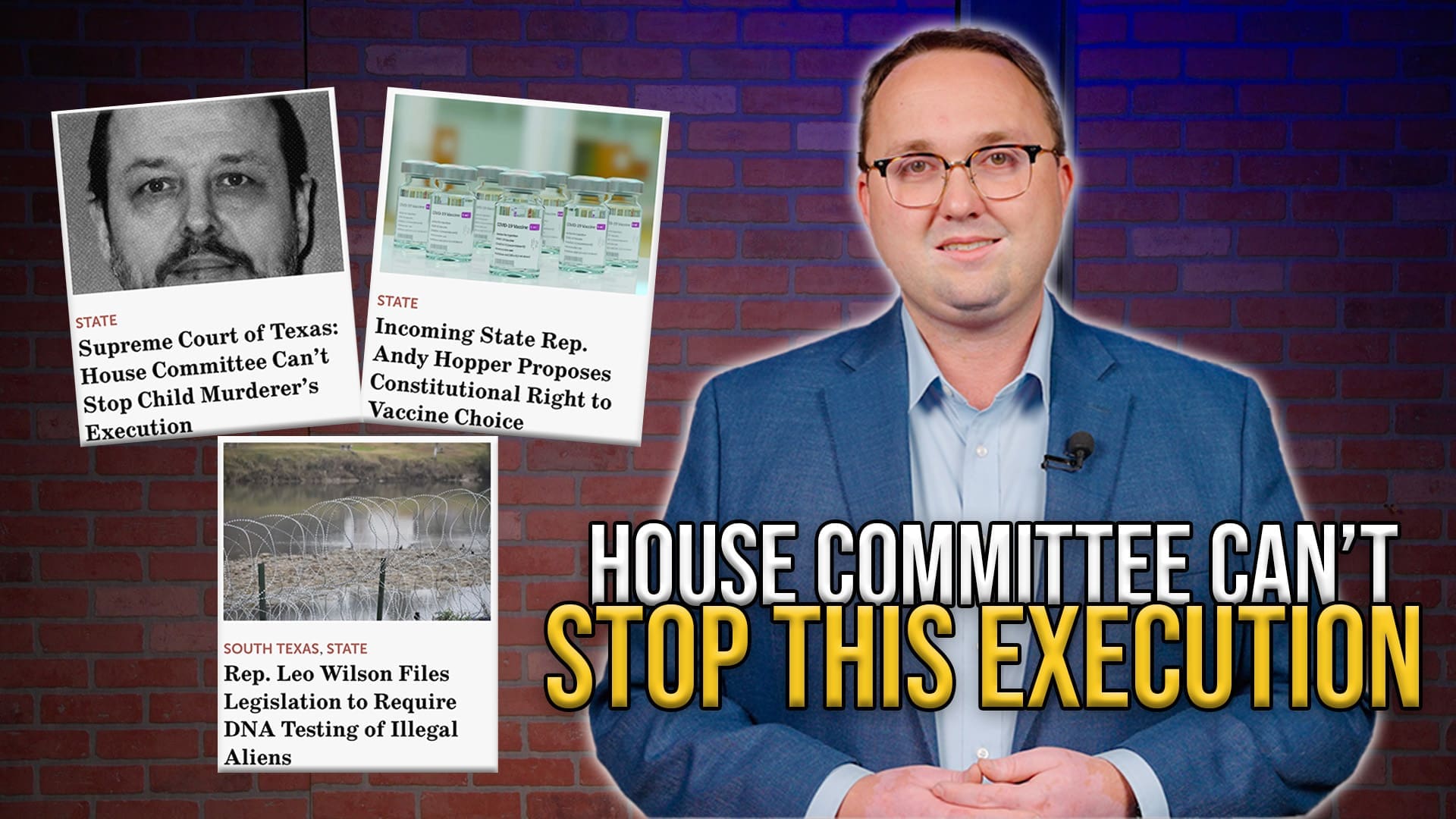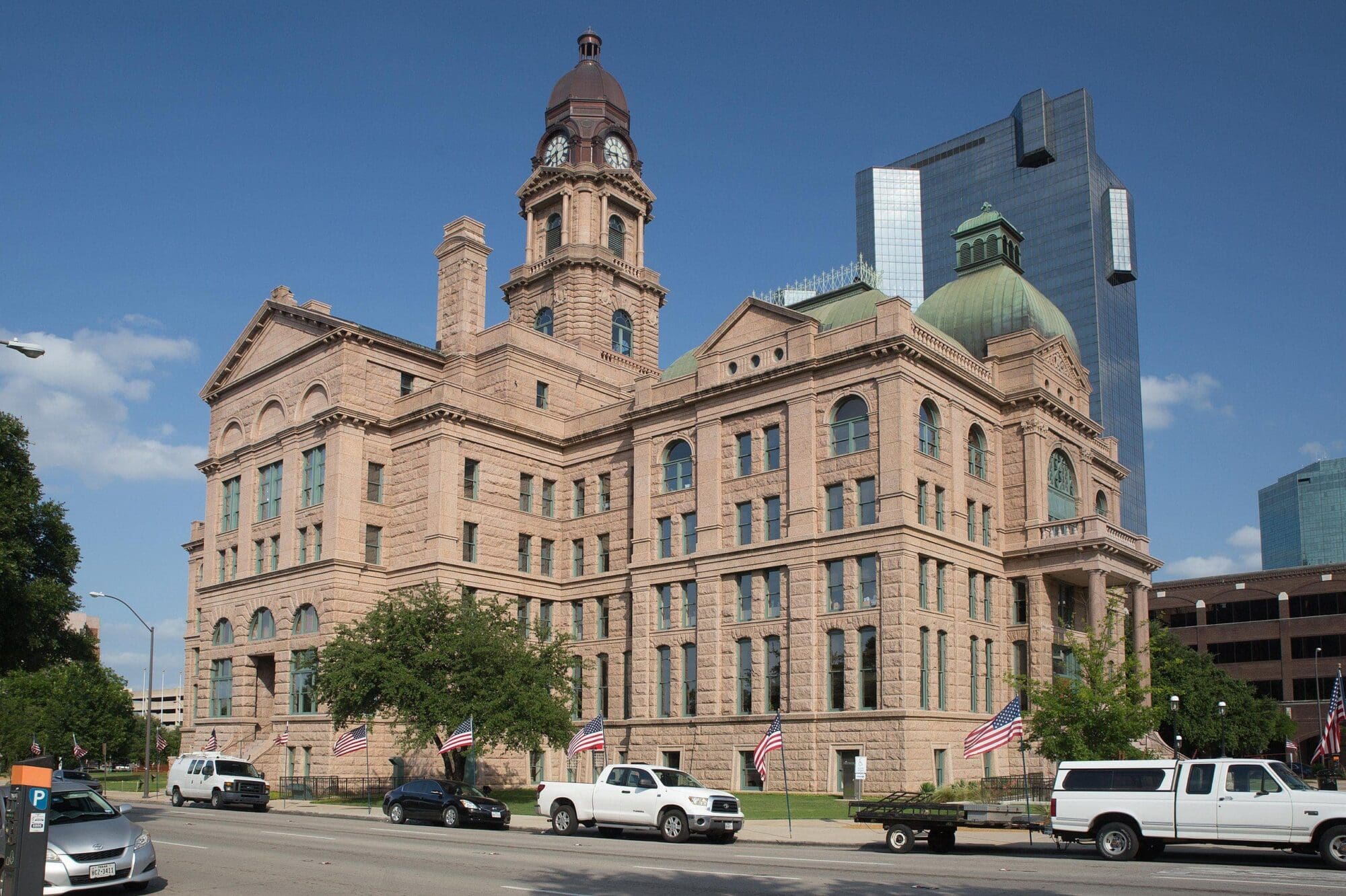Tarrant County Judge Glen Whitley recently doubled down against property tax reform and argued not only that taxes are not too high, but that the government needs to spend even more.
At the Texas House Ways and Means Committee hearing on House Bill 2, Whitley argued against a newly proposed property tax reform that would give citizens more power over their own money.
HB 2 is quite straightforward: Should a local government want to raise taxes more than 2.5 percent in a year, it would simply have to ask voters for approval first.
Whitley is staunchly against such an idea and even refused to acknowledge that taxpayers across the state are being hurt at all by soaring taxes.
“Texas, when compared to other states with regards to total state and local revenues, is 29th on a per person basis and 37th on a percentage of personal income basis,” Whitley told the committee. “We’re in the bottom half of both [of] those categories.”
Whitley’s statement completely ignores data from the Tarrant County Appraisal District, which shows that taxpayers in his own backyard are facing hefty property tax bills that only keep getting heavier. In Tarrant County alone, the average of the county’s portion of homeowners’ property tax bill increased 31 percent over a five-year period.
And that’s just the county government; that doesn’t include the school district or city portions of the property tax bill that Tarrant County homeowners also have to pay. Over the same time frame, for example, the portion of the average property tax bill for the Fort Worth Independent School District increased by 42 percent, Birdville ISD’s by 46.4 percent, the city of Fort Worth’s by 36.3 percent, and the city of Arlington’s by 40.3 percent.
Instead of acknowledging the out-of-control taxes, Whitley played the shell game most local elected officials play: pointing fingers at the appraisal districts for rising property tax bills, an oft-used flimsy tactic that tries to deceive taxpayers into thinking local officials don’t have control over their own tax rates. Officials such as Whitley can still lower taxes regardless of what home values are.
He also argued that exemptions for property taxpayers cost local governments money and that Austin’s priority should not be the burdens faced by property taxpayers, but the financial needs of local government.
“If you want to pass a property tax exemption, then all I ask is that you send us the money for whatever exemption; and there are some great exemptions out there. But if we’re going to do that, then let’s look at it from that perspective.”
The county judge’s final point was perhaps the most shocking.
“I don’t think we’re spending too much money,” he said.
As previously reported by Texas Scorecard, Whitley has burnt at least $24 million of Tarrant County taxpayers’ money on a failed software program that still doesn’t work and even drew in Dallas County to join the boondoggle, costing taxpayers in both counties at least $69 million on his failed software projects by 2017.
But according to Whitley, citizens should not have the opportunity to have more control over their own money—simply electing officials should be the limit of citizens’ power.
“[Voters] give us feedback every two to four years when there are elections,” he said.
A recent poll by Quinnipiac showed that an overwhelming 77 percent of Texans support having a say over any property tax increases above 2.5 percent. Despite that, comments from local officials such as Whitley clearly demonstrate they are not concerned with giving Texans more control over their own money.
“We’re going to have to spend more money to keep the Texas miracle alive,” Whitley told the committee.
Taxpayers should tell Whitley, and their elected representatives in Austin, that the miracle needed now is for citizens to keep more of their own money.





